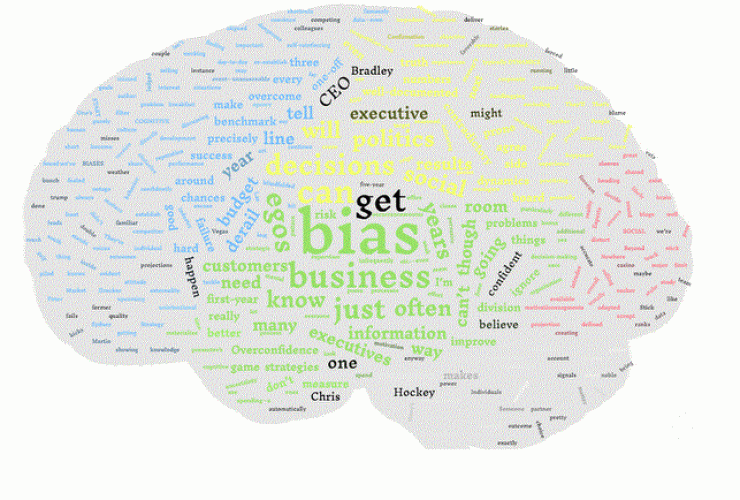A colleague recently shared with me this McKinsey Quarterly post by Chris Bradley:
Our ensuing conversation reflected on the prevalence of the disrupters presented in the post; disrupters with which many of you may be all too familiar; but,
How can teams inoculate themselves against the invasion of all of the subconscious biases and semi-instinctive political maneuvering that silently undermine critical thinking and strategic decision-making?
How might these traps inadvertently shape your business…and at what cost?
While all of us may be occasionally guilty of allowing these invaders access to our higher thinking, when is remedial action warranted and what should that action be?
Chris Bradley presents a synopsis of some of the most prevalent human tendencies that hijack effective decision-making. The author’s case is anchored in the much studied and discussed principles of cognitive bias as an innate reality and the disruptive impact those biases have on decision-making, particularly when paired with our self-preserving impulses.
Reflecting upon Mr. Bradley’s supposition, if you suspect subconscious biases and political agendas are undermining your organization and its decision-making ability, here are some initial steps to consider.
Simply acquiring knowledge of these tendencies – self-awareness – is an important prerequisite to thwarting their affect.
Understanding, building and diligently maintaining an operational and executional framework that serve to, among other things, align enterprise goals with team and individual goals; in a sense, leveraging those self-preserving tendencies for the benefit of the enterprise.
Elevating “objectivity” as a core value to be sought after and cultivated in team members, in turn, producing a cultural counteragent to the those innate human tendencies.
Without a doubt, these preventative steps require effort and guidance, but the payoff can be persistent and enterprise-wide.







No comment yet, add your voice below!